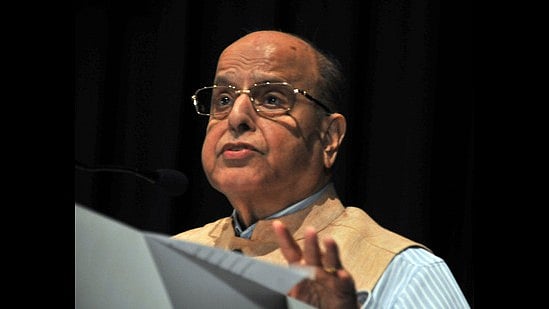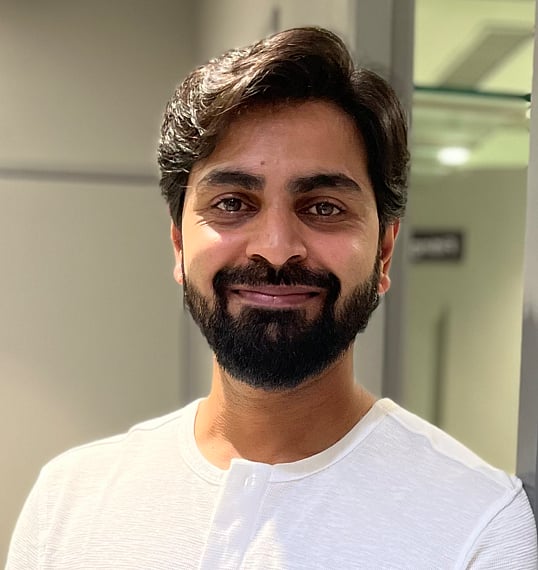
Dr K Kasturirangan.
Credit: X/@utkhader
Bengaluru: Much before the union government came up with the National Education Policy (NEP), space scientist K Kasturirangan spearheaded Karnataka’s effort to draft its own State Education Policy, which recommended that Kannada be the medium of instruction up to Class 4.
Kasturirangan headed the Karnataka Knowledge Commission (KKC) from 2008 to 2019, during which several policy recommendations were made on education, healthcare, sports, arts & culture and so on.
In October 2016, the KKC submitted the Karnataka State Education Policy to the government. Besides asking for Kannada to become the medium of instruction until Class 4, the policy recommended replacing the existing three-language formula. It recommended two languages in Classes 1-4, three in Classes 5-7, two for Classes 8-10 and one for Classes 11-12.
The KKC was set up in September 2008 by the B S Yediyurappa-led BJP government.
Between 2008 and 2012, the think tank embarked on disruptive projects. One flagship project was Kanaja, which was hailed as Kannada’s own Wikipedia. Another key project was Arivu, which aimed at improving the quality of libraries in government schools.
The most-discussed project was the transformation of two of the state’s oldest public universities - Karnatak University and the University of Mysore - as Innovative Universities.
By minimising the roles of the governor and government, the Innovative University Bill proposed a collegium to appoint a President for the university. The President would appoint the vice-chancellor. It also proposed flexible learning with a combination of courses. However, this did not come through as the Bill was rejected in 2015 by then President Pranab Mukherjee.
In 2013, the Siddaramaiah-led Congress government reconstituted the KKC and retained Kasturirangan as its chairperson.
"My relationship with Prof Kasturirangan, since 2008, was a bond," Chanakya University's chancellor M K Sridhar, who was KKC member-secretary. "He used to say that I was one among the few people dearest to him. I'm lucky that way. He identified humanity in everyone and showed respect even to a small child," he said.
"Kasturirangan had no iota of ego," said Azim Premji University's Rishikesh Shanker, who interacted with him at KKC. "He provided space for everyone, including a young researcher like me. The value he placed on anything spoken by anybody on the table is something that's rare," he said. "That was his specialty, which endeared him to so many people."
Aarin Capital chairperson T V Mohandas Pai recalled working with Kasturirangan. "When he became NIAS chairperson, we worked together to establish a chair for mathematics. It later became the Infosys Prize," he said. "What distinguished him was his humility. He was always humble and welcoming of young people. He was a great Indian."
